I am Yagya Adhikari, PhD student at BU’s Faculty of Health and Social Sciences (FHSS). I am honoured to participate in the Turing Scheme (Traineeship) in Nepal. For me this student mobility programme ran for four weeks. In Kathmandu, I attended the Manmohan Memorial Institute of Health Sciences (MMIHS) sessions. I also presented my proposal and discussed it with both MSc Public Health students and teachers and had the privilege to attend the lectures delivered by MMIHS academics. Furthermore, I shared my UK university experiences with the students and faculties. Some of the MMIHS students and faculties will soon participate in the ERASMUS+ exchange programme at BU.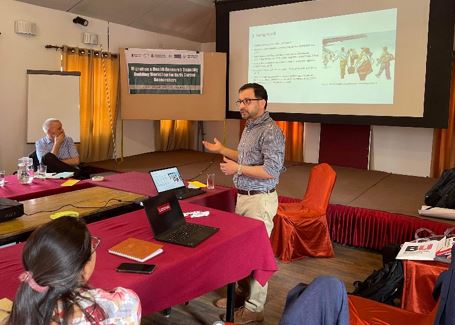
Additionally, I invited to present my research proposal at the “Migration and Health Research Capacity Building Workshop for Early Career Researchers”, organised by BU, the University of Huddersfield, MMIHS and the charity Green Tara Nepal. It provided a forum for discussion and feedback from the participants. Similarly, I took part in the “Academic writing and publishing” book launch workshop at Nobel College, Kathmandu. It was facilitated by Prof. Edwin van Teijlingen and Dr Pramod Regmi both from FHSS.
As my PhD research title is “Parental migration and its impact on health and well-being of left-behind adolescents in Nepal,” I plan to conduct fieldwork next year. Thus, the visit allowed me to familiarise myself with Nepal’s current socio-economic context and understand the ethical procedure prior to data collection and fieldwork.
Networking is another outstanding achievement for me. I interacted with researchers involved in migration and health research in Nepal. One of the cardinal benefits of the tour was the exchange of knowledge and expertise between BU and MMIHS. It was also crucial to strengthen the network amongst public health sector professionals of both nations and establish new connections. The visit helped me understand the recent challenges of conducting research at the field level and gave me the insight to mitigate the issues. In addition, it helped me lay the foundation of my study and proffered me the prerequisite tools to address my research question.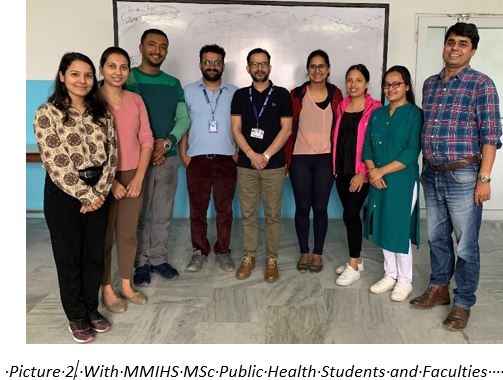
I forged ties with several organisations working in health, migration, and mental health. Some of the key associations we shared our expertise with were Green Tara Trust and Transcultural Psychosocial Organisation Nepal (TPO Nepal). Furthermore, I discussed the proposed research tools for my PhD and the availability of validated questionnaires in the Nepali translated version. It was a win-win visit for both BU and MMIHS Nepal. As a research student, I returned with a rich experience, and I look forward to fostering collaborations in future. Overall, it was a fantastic opportunity to explore and interact with students, academics and researchers internationally.
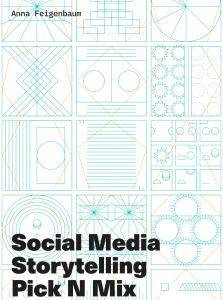 To help guide people through the process of creating social media stories for information and health literacy, Professor Feigenbaum designed the Pick N Mix strategy. This Pick N Mix method is based on research findings from her team’s UKRI/AHRC COVID-19 Rapid Response project that analysed over 15,000 webcomics to look at the role this medium played in public health messaging on Instagram during the first year of the pandemic. The guide also draws from current research in psychology, graphic medicine and media studies. It was designed by creative studio partners Minute Works.
To help guide people through the process of creating social media stories for information and health literacy, Professor Feigenbaum designed the Pick N Mix strategy. This Pick N Mix method is based on research findings from her team’s UKRI/AHRC COVID-19 Rapid Response project that analysed over 15,000 webcomics to look at the role this medium played in public health messaging on Instagram during the first year of the pandemic. The guide also draws from current research in psychology, graphic medicine and media studies. It was designed by creative studio partners Minute Works.




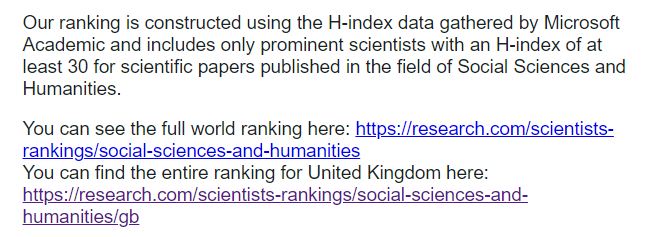
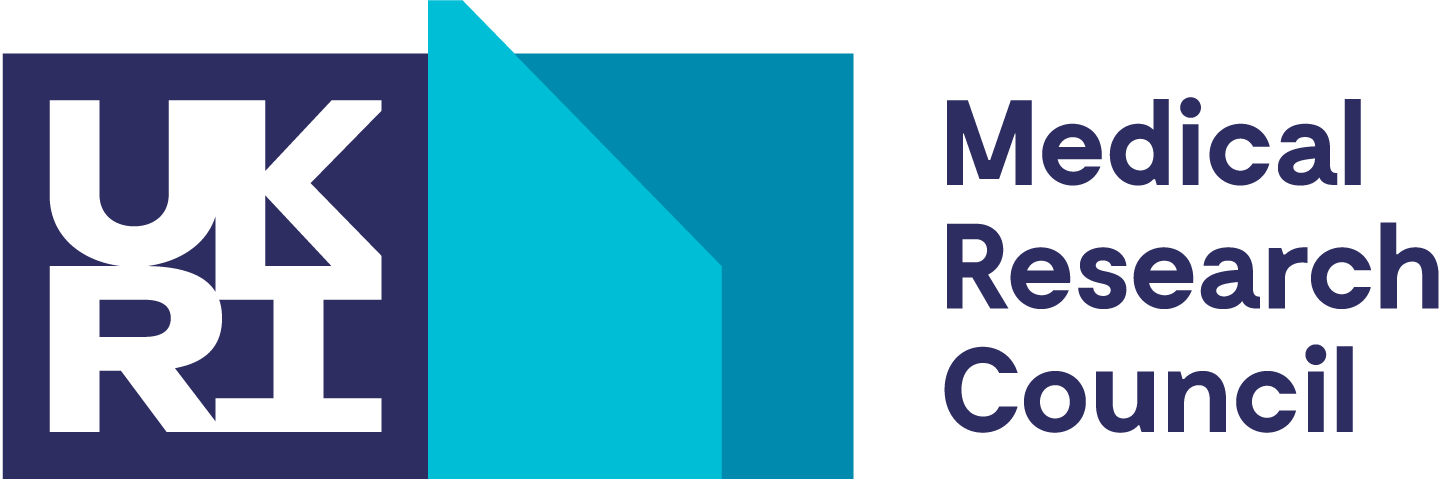 The RDS Funding Development Briefings occur weekly, on a Wednesday at 12 noon.
The RDS Funding Development Briefings occur weekly, on a Wednesday at 12 noon.


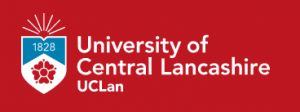
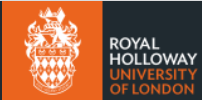
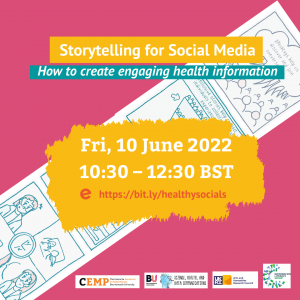


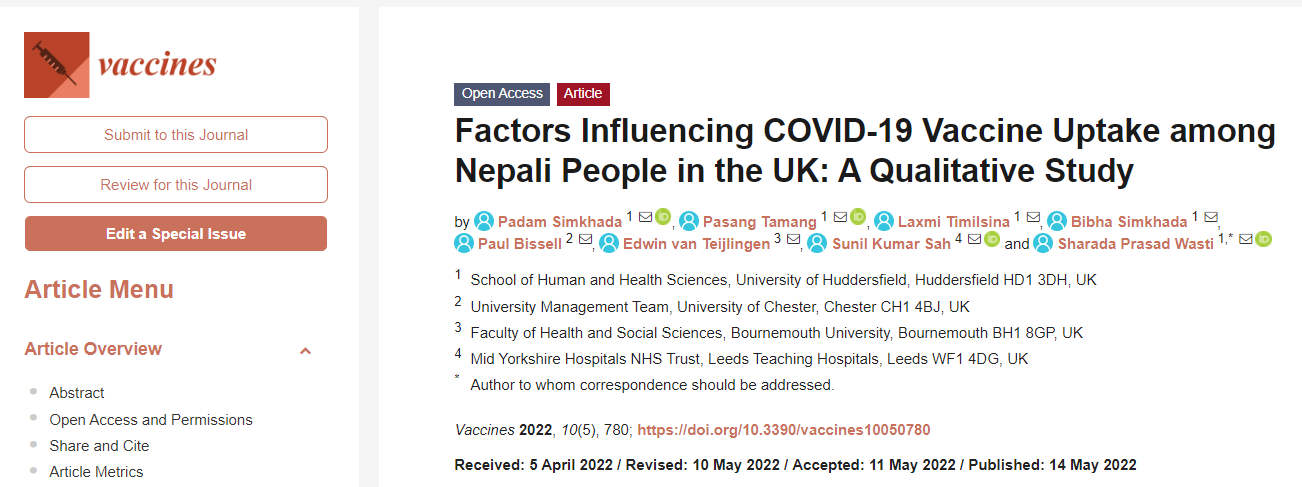


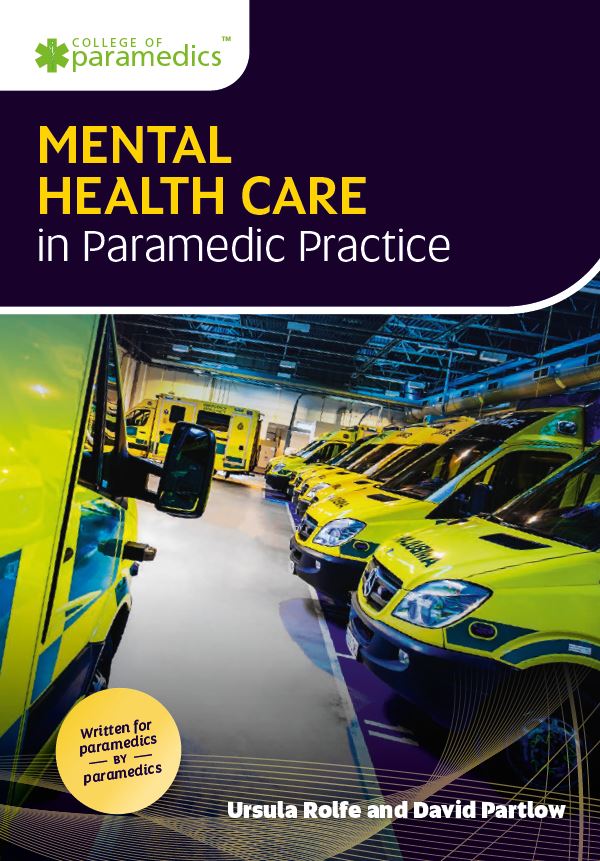
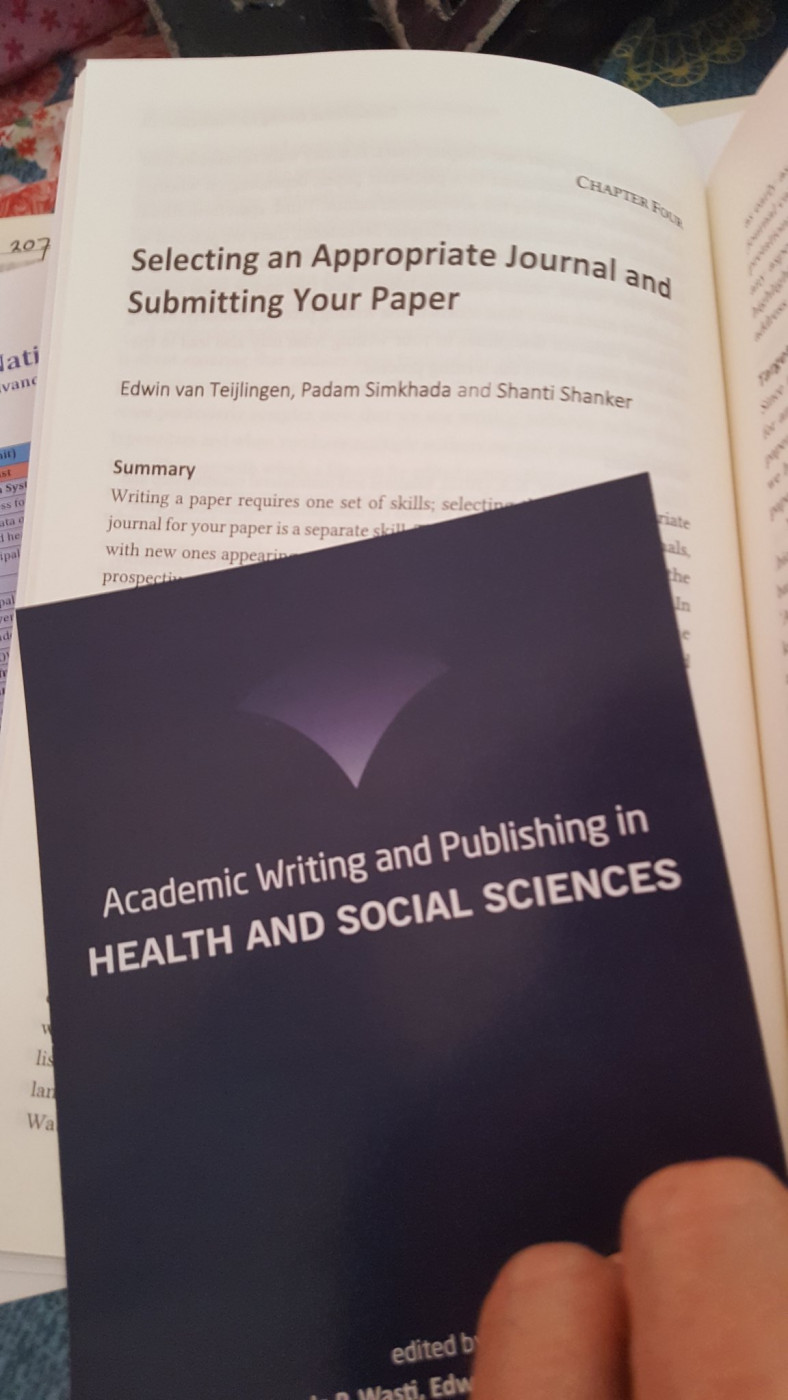


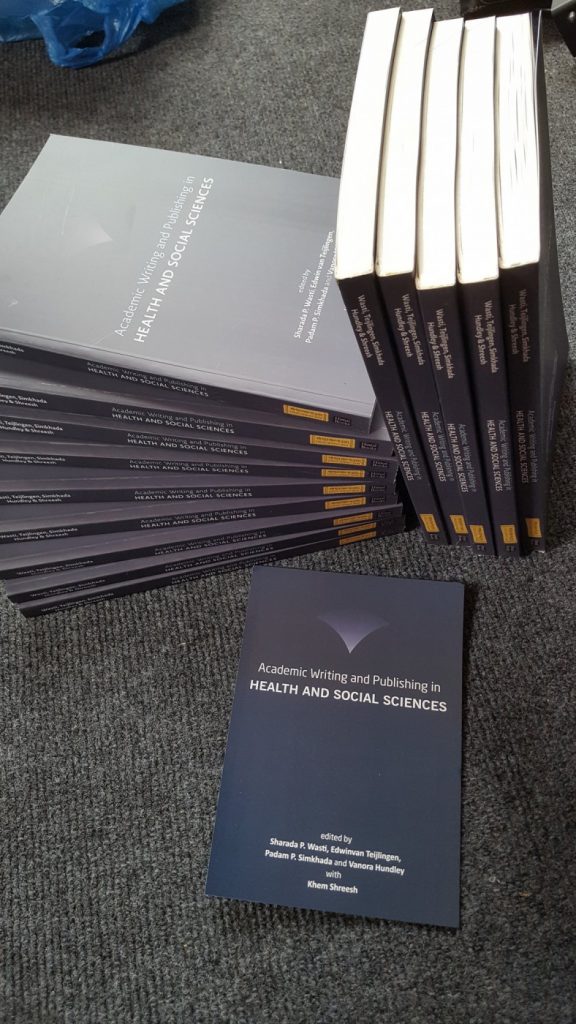

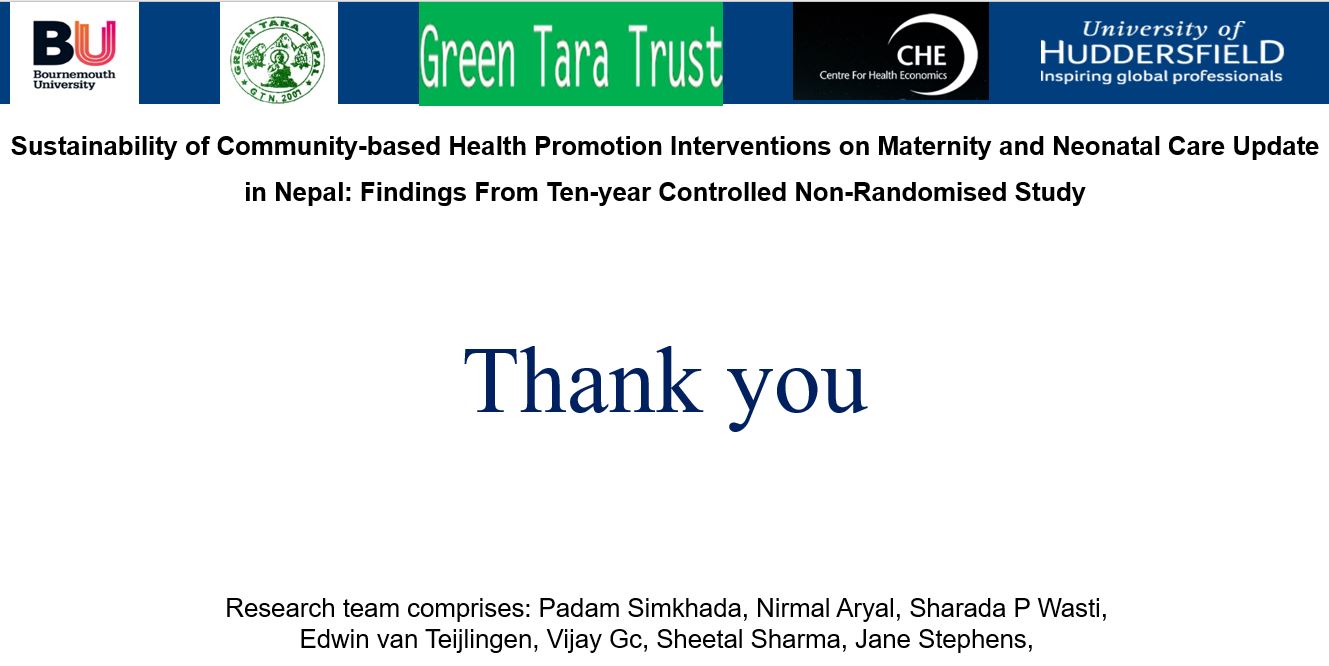
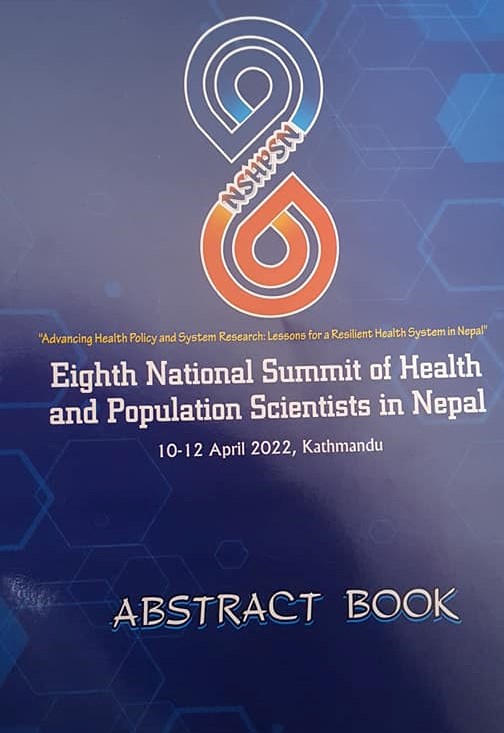
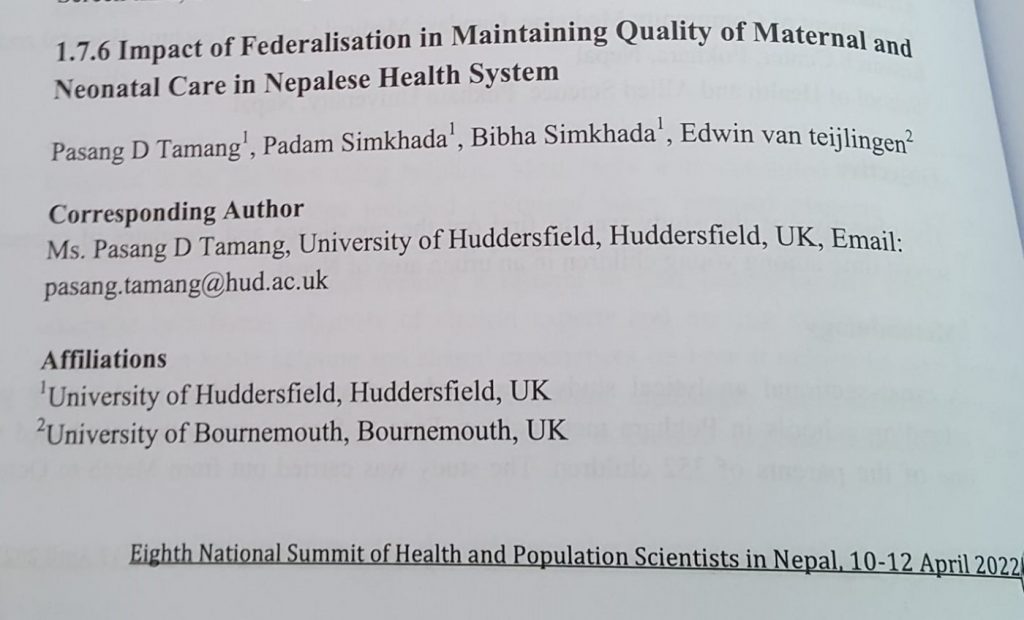
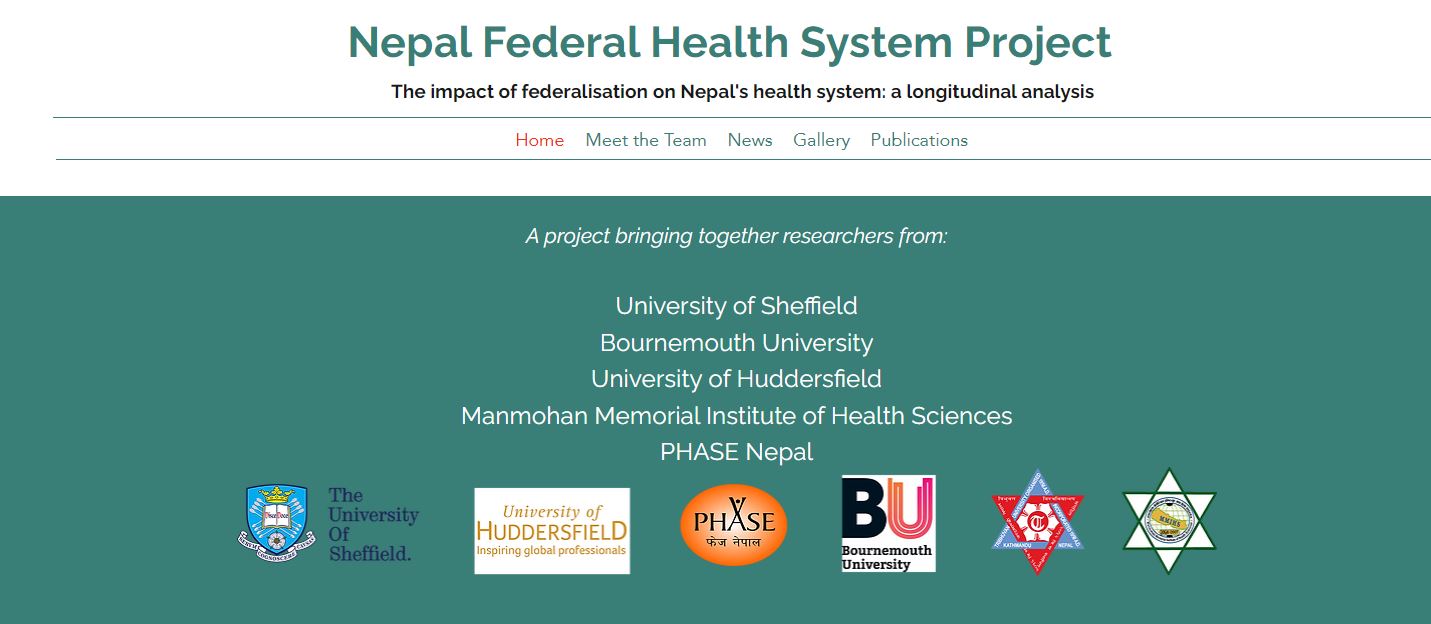

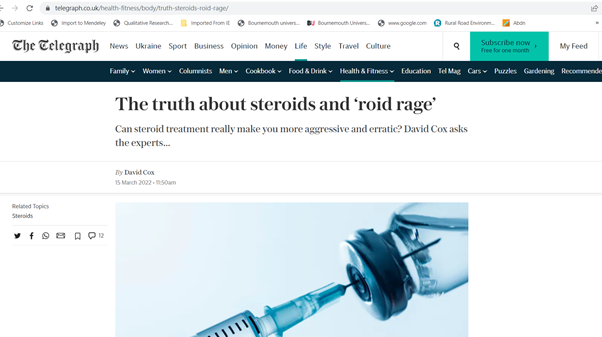


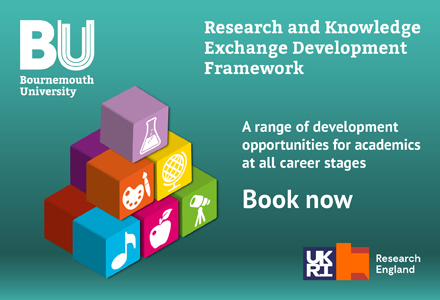
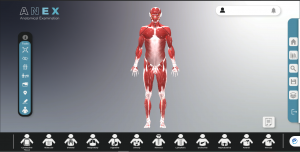
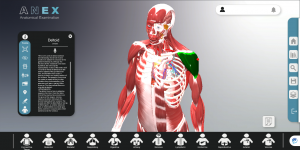
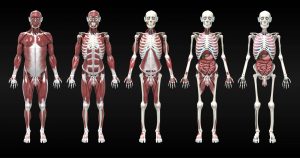
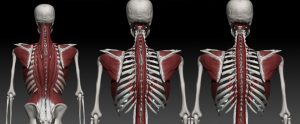
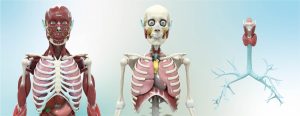











 From Sustainable Research to Sustainable Research Lives: Reflections from the SPROUT Network Event
From Sustainable Research to Sustainable Research Lives: Reflections from the SPROUT Network Event REF Code of Practice consultation is open!
REF Code of Practice consultation is open! BU Leads AI-Driven Work Package in EU Horizon SUSHEAS Project
BU Leads AI-Driven Work Package in EU Horizon SUSHEAS Project ECR Funding Open Call: Research Culture & Community Grant – Apply now
ECR Funding Open Call: Research Culture & Community Grant – Apply now ECR Funding Open Call: Research Culture & Community Grant – Application Deadline Friday 12 December
ECR Funding Open Call: Research Culture & Community Grant – Application Deadline Friday 12 December MSCA Postdoctoral Fellowships 2025 Call
MSCA Postdoctoral Fellowships 2025 Call ERC Advanced Grant 2025 Webinar
ERC Advanced Grant 2025 Webinar Update on UKRO services
Update on UKRO services European research project exploring use of ‘virtual twins’ to better manage metabolic associated fatty liver disease
European research project exploring use of ‘virtual twins’ to better manage metabolic associated fatty liver disease